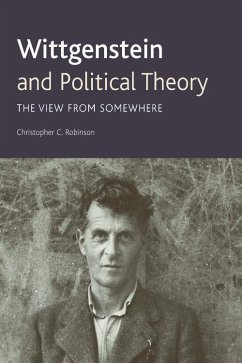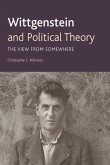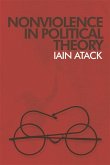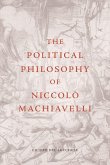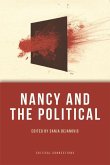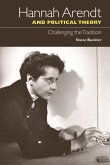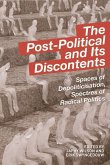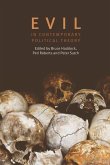Wittgenstein and Political Theory Christopher C. Robinson 'This thoughtful and engaging book stages a series of conversations between Wittgenstein and a broad range of contemporary political theorists. Robinson offers us a refreshingly down-to-earth account of a Wittgensteinian "path of politics" - a path through the land of everyday gestures, words, protests, and affirmations, a path that calls us to trust the uncanny ordinariness of language.' Jane Bennett, Johns Hopkins University, author of Vibrant Matter: A Political Ecology of Things (2009) Ludwig Wittgenstein was arguably the most important philosopher of the twentieth century. Although his writings have influenced a range of philosophical and cultural movements, this effect was not felt strongly in political theory. Indeed, the most comprehensive study of Wittgenstein and political theory was published over thirty five years ago. Wittgenstein and Political Theory sets out to reconnect Wittgenstein with a range of problems and trends within contemporary political theory. The central argument of the book is that Wittgenstein offers scholars doing the difficult work of theorizing political life today an orientation and array of useful conceptual and critical tools. In particular, Wittgenstein's remarks on perception are brought to bear on theory's historical and etymological roots in clear seeing. The effect of these remarks is to free the theorist to explore the city of language and shed fresh light on political concepts such as liberty, dignity, dissent, and ideology. This book is designed to be read by graduate students and advanced undergraduates who are interested in both Wittgenstein's philosophy and strategies for achieving political vision in this age where politics has been replaced by bureaucracy as the predominant form of public order, and now takes the form of dissent. Christopher C. Robinson is Assistant Professor of Political Science at Clarkson University, New York.

